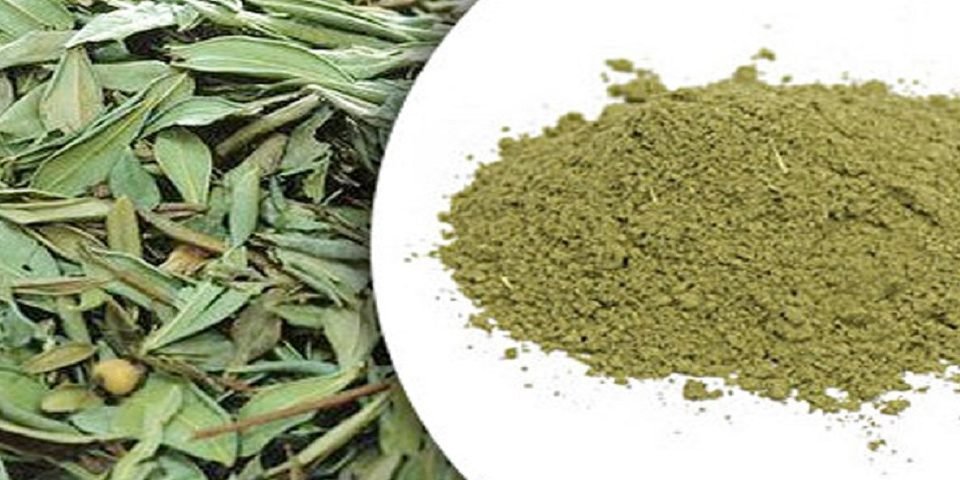- online@nmpudhyog.com
- +91 9910415530
- Henna Powder Manufacturer & Exporter in India
Is Henna Good For Hair?
Henna, a natural dye derived from the Lawsonia inermis plant, has been used for centuries for both body art and hair care. With the rising interest in natural and organic beauty products, many people are turning to henna as a healthier alternative to chemical hair dyes. In this blog, we’ll explore the benefits of henna for hair, how to use it, and what to consider before incorporating it into your hair care routine.
Benefits of Henna for Hair
1. Natural Hair Dye
Henna is a natural alternative to synthetic hair dyes, offering a range of benefits:
- Chemical-Free: Unlike conventional hair dyes, henna does not contain ammonia, peroxide, or other harmful chemicals, making it a safer option for those with sensitive skin and allergies.
- Long-Lasting Color: Henna provides a rich, long-lasting color that can cover grays effectively and give a natural, vibrant look.
2. Hair Strengthening
Henna strengthens hair by binding with the keratin, the protein that makes up hair strands. This binding process helps to:
- Reduce Breakage: Strengthening the hair shaft can minimize breakage and split ends.
- Increase Thickness: Regular use of henna can make hair appear thicker and fuller.
3. Scalp Health
Henna has natural antifungal and antimicrobial properties that can improve scalp health by:
- Reducing Dandruff: Its soothing properties help in controlling dandruff and itchy scalp conditions.
- Balancing Oil Production: Henna helps regulate the oil production of the scalp, making it beneficial for both dry and oily scalp types.
4. Conditioning and Shine
Henna acts as a natural conditioner that enhances hair’s overall health:
- Improves Texture: It leaves hair feeling smoother and more manageable.
- Adds Shine: Henna coats the hair shaft, giving it a natural gloss and shine.

How to Use Henna for Hair
1. Preparing Henna Paste
To use henna on your hair, follow these steps to prepare the henna paste:
- Ingredients: Pure henna powder, water, lemon juice (optional for better dye release), and essential oils (optional for added benefits).
- Mixing: Combine the henna powder with water to create a thick paste. Add lemon juice for enhanced color release and a few drops of essential oil for fragrance and additional conditioning.
- Resting: Allow the paste to rest for at least 6-8 hours or overnight for optimal dye release.
2. Applying Henna
Applying henna can be a bit messy, so take precautions:
- Preparation: Wear old clothes and gloves to prevent staining. Cover the area where you will apply henna with newspaper or an old towel.
- Application: Section your hair and apply the paste from roots to tips, ensuring even coverage. Once the hair is covered, wrap it in plastic wrap or a shower cap to keep the paste moist and enhance color penetration.
- Waiting Time: Leave the henna on your hair for 2-4 hours. The longer you leave it, the richer the color will be.
3. Rinsing and Aftercare
Proper rinsing and aftercare ensure the best results:
- Rinsing: Rinse the henna out thoroughly with water. Avoid shampooing immediately; wait 24-48 hours for the color to fully develop.
- Conditioning: Follow up with a deep conditioner or oil treatment to keep hair moisturized.
Considerations Before Using Henna
1. Allergic Reactions
While henna is generally safe, some individuals may experience allergic reactions. It’s advisable to:
- Patch Test: Perform a patch test on a small area of skin before full application to check for any adverse reactions.
2. Color Outcomes
Henna primarily imparts a reddish-brown tint, which may vary:
- Natural Hair Color: The final color result depends on your natural hair color. Dark hair will get a subtle tint, while lighter hair may turn more vibrant.
- Indigo and Other Mixes: For those looking for different shades, mixing henna with indigo or other natural dyes can achieve a range of colors from browns to blacks.
3. Hair Type Suitability
Henna works differently on various hair types:
- Dry Hair: Those with dry hair may need additional conditioning treatments post-henna application.
- Curly Hair: Curly-haired individuals might find their curls more defined after using henna, though it may also slightly loosen curl patterns.
Conclusion
Henna is an excellent natural alternative to chemical hair dyes, offering numerous benefits for hair health and appearance. It strengthens, conditions, and adds shine to your hair while promoting scalp health. However, it is essential to consider potential allergies, color outcomes, and your hair type before using henna. With proper preparation and application, henna can be a valuable addition to your hair care routine, providing a beautiful, natural color and healthier hair.




